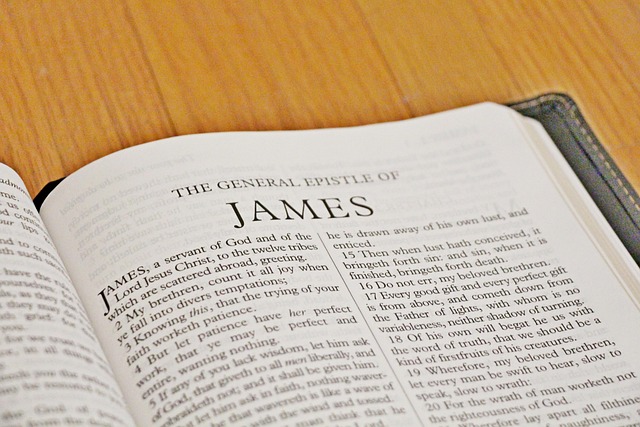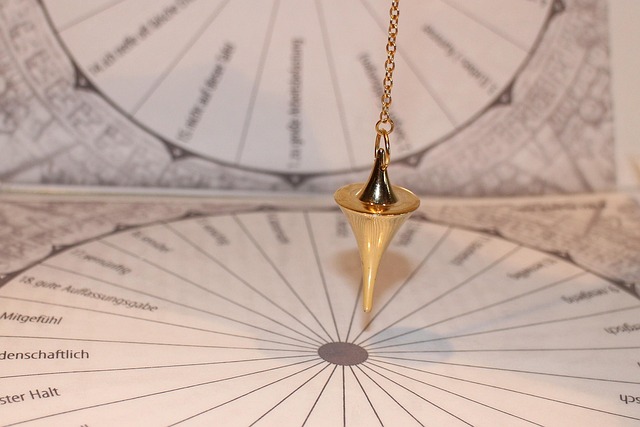The Rhythm of Cult History: Exploring Blues in Music Culture
When we think of cult history, we often conjure images of secret gatherings, underground movements, or influential figures who have shaped our cultural landscape in unexpected ways. In the realm of music, one genre stands starkly as both a celebration and a rebellion: the blues. Emerging from the deep roots of African American history, the blues is more than just a musical genre; it is a heartbeat, a narrative, a cathartic release that reverberates through decades of culture and community.
At its core, the blues captures the human experience—heartbreak, joy, struggle, and triumph. The raw, emotional appeal of blues music transcends traditional boundaries, inviting listeners into the lives and stories encapsulated in every note. This genre, with its smooth riffs and soulful melodies, has paved the way for a myriad of musical expressions, contributing significantly to the cultural tapestry of our world.
The Legacy of Blues in Music Culture
Blues music has cultivated a rich tradition, influencing countless musical genres such as rock and roll, jazz, and even hip hop. Artists like B.B. King, Muddy Waters, and Etta James have carved their names into the annals of music history, their vibrations echoing in the hearts of millions. This lineage creates a cult history steeped in artistry and authenticity that continues to inspire new generations of musicians and fans alike.
Blues is often depicted not just as a genre, but as a way of life. Combining storytelling with rhythm, blues embodies the spirit of celebration at both private parties and public festivals. Whether it’s a cozy gathering in a dimly lit bar or a vibrant outdoor festival, the blues invites us to shed our inhibitions and connect with one another through the power of music. There’s a certain magic in the atmosphere—it’s where strangers become friends, and joy and sorrow intermingle to form an unforgettable experience.
Musical Journeys Through Time
As we navigate through diverse musical landscapes, the influence of blues remains palpable. Festivals dedicated to this profound genre celebrate not just the music itself but also the culture that surrounds it—an homage to the artists who have poured their souls into their craft. From lively juke joints to expansive concert halls, blues continues to captivate audiences with its profound simplicity and depth.
Moreover, in these celebratory spaces, the blues serves as a powerful reminder of the resilience embedded in the human spirit. It offers a venue for dialogue about societal issues while fostering a sense of community among its listeners. Every strum of a guitar and every heartfelt lyric carries with it the weight of history, transforming the blues into a dynamic storytelling medium that celebrates both individuality and collective experience.
The Blues Revival
Today, as we witness a blues revival, new artists are reinvigorating this timeless genre, infusing it with contemporary flair while honoring its roots. This evolution speaks volumes about the blues’ place in modern music and its ability to transcend cultural barriers. The vibrant spirit of blues remains alive and well, urging us to gather, share, and celebrate the spectrum of human emotion through music.
In the end, the story of blues is the story of life itself—a journey through the highs and lows, the triumphs and tribulations. It is a sanctuary for those who seek solace in song, a celebration of culture, and a testament to the enduring legacy of those who came before us. As we continue to explore this captivating cult history, let us remember to embrace the rhythms that bind us, forge connections, and remind us of our shared humanity.




